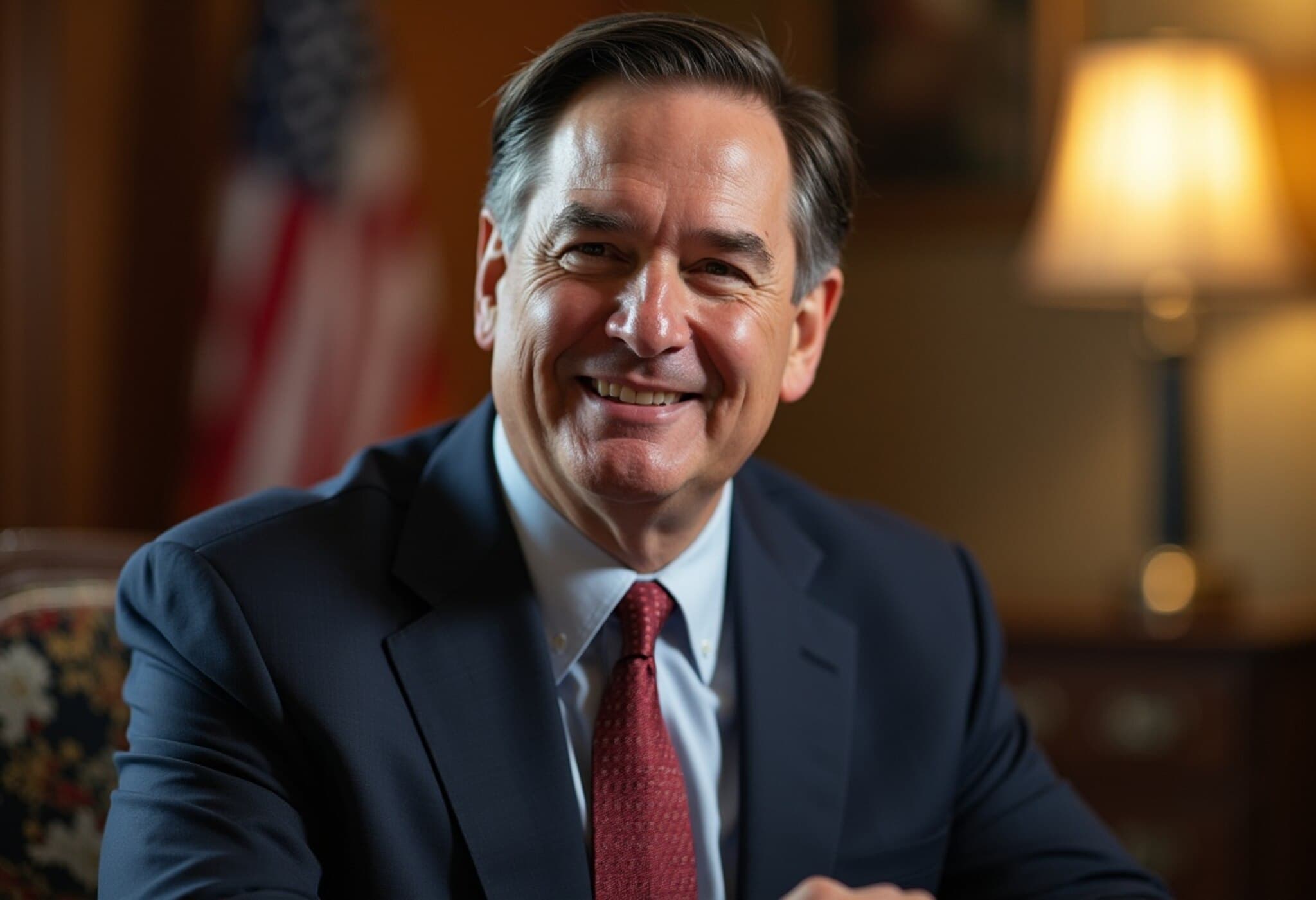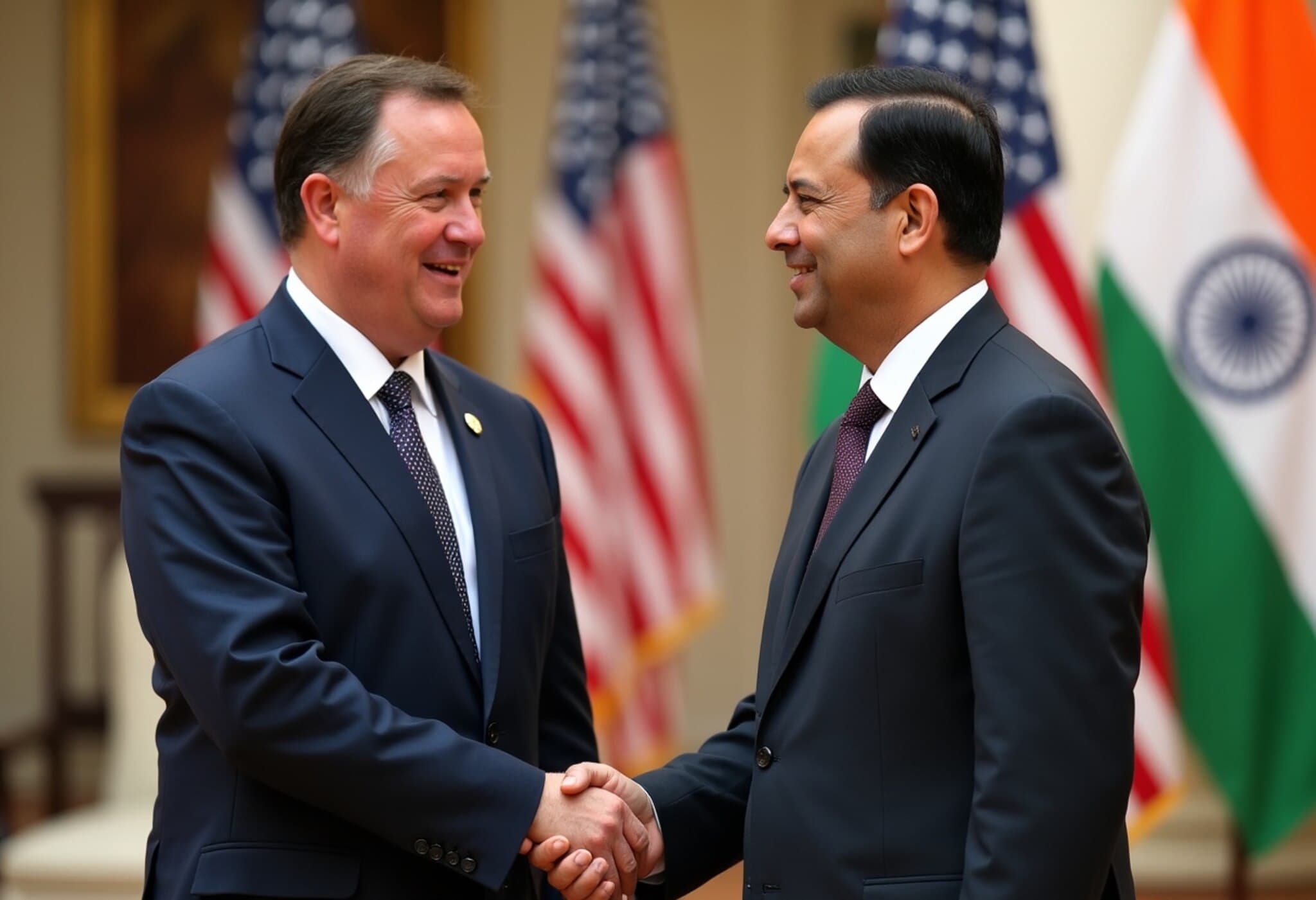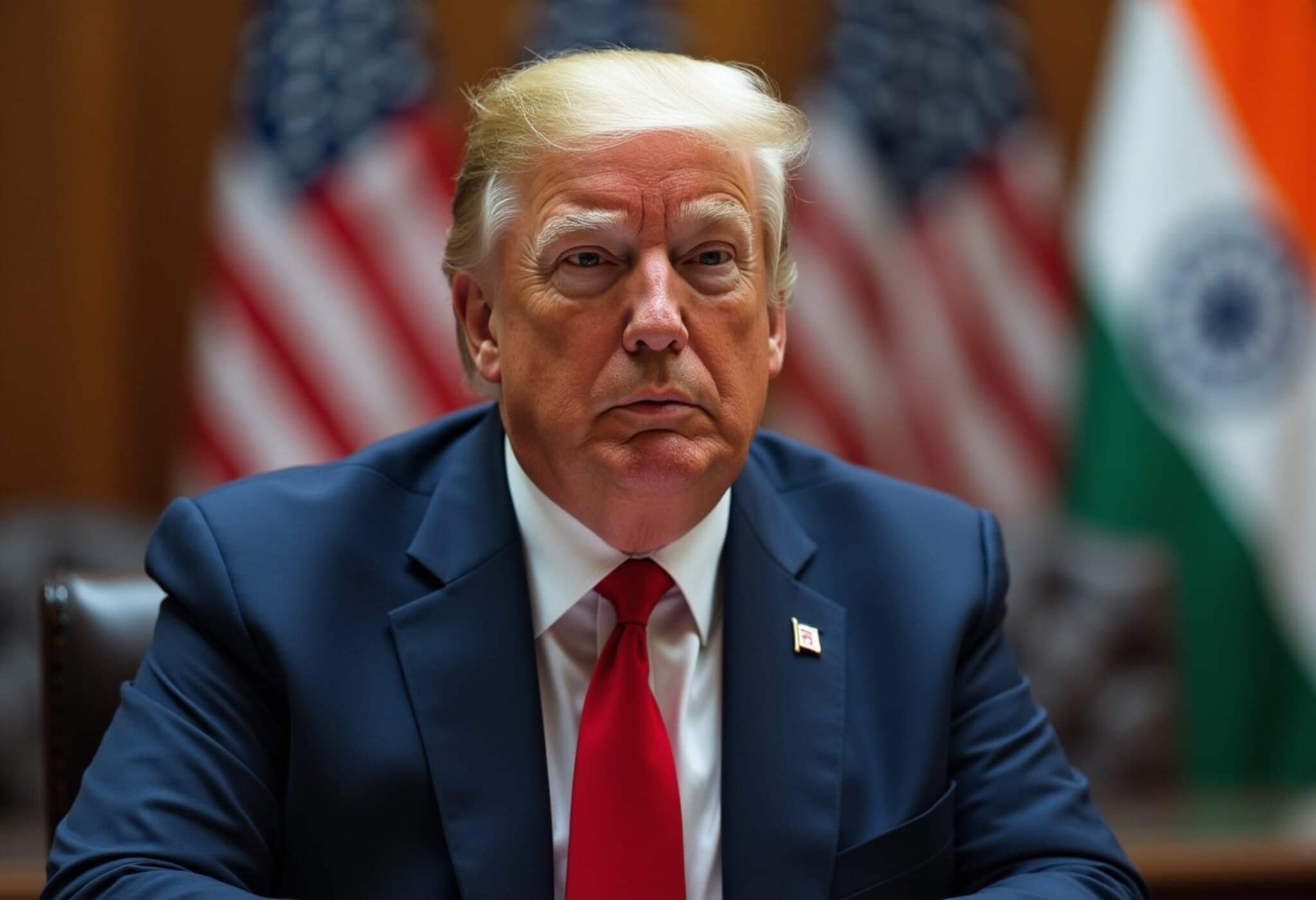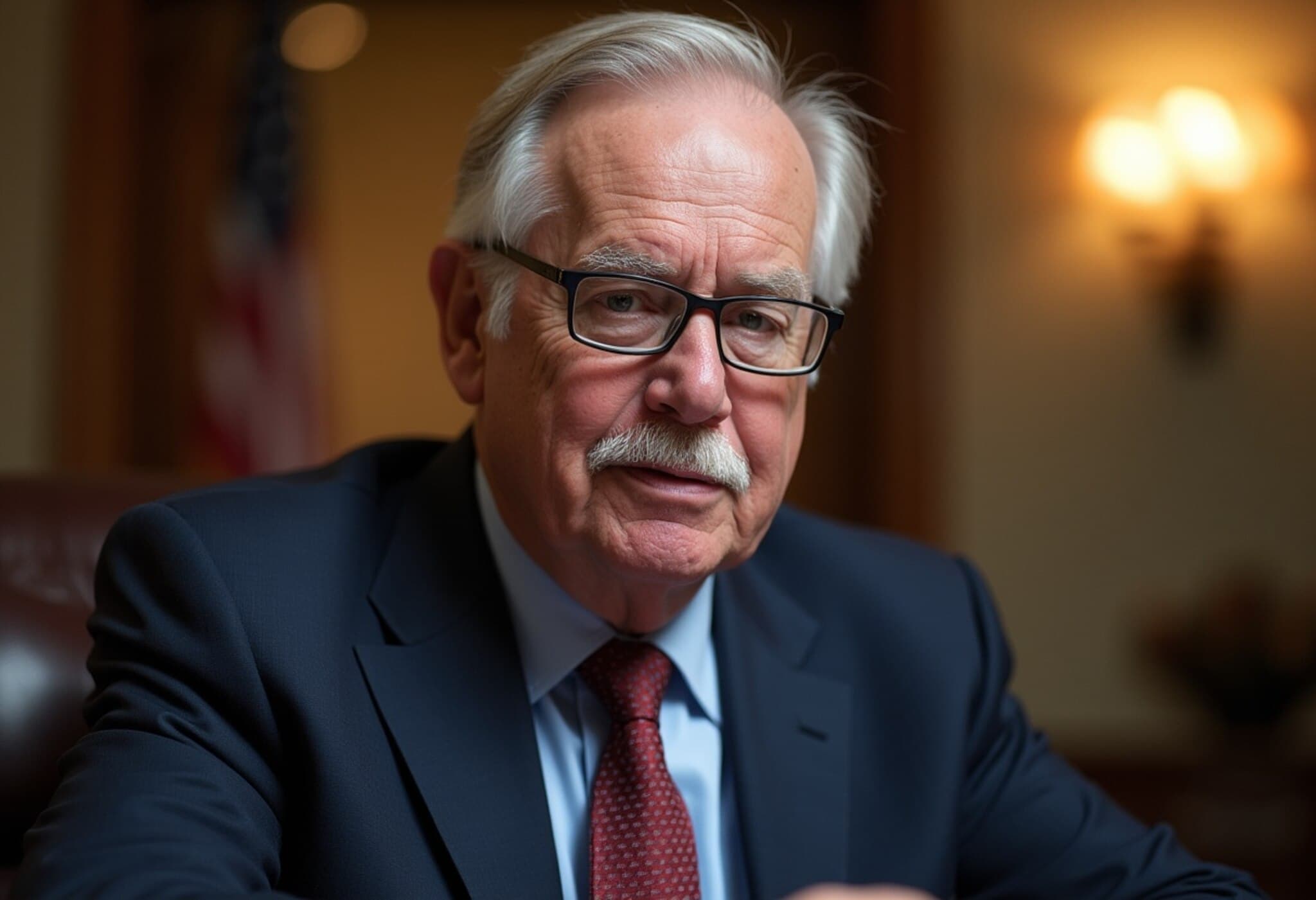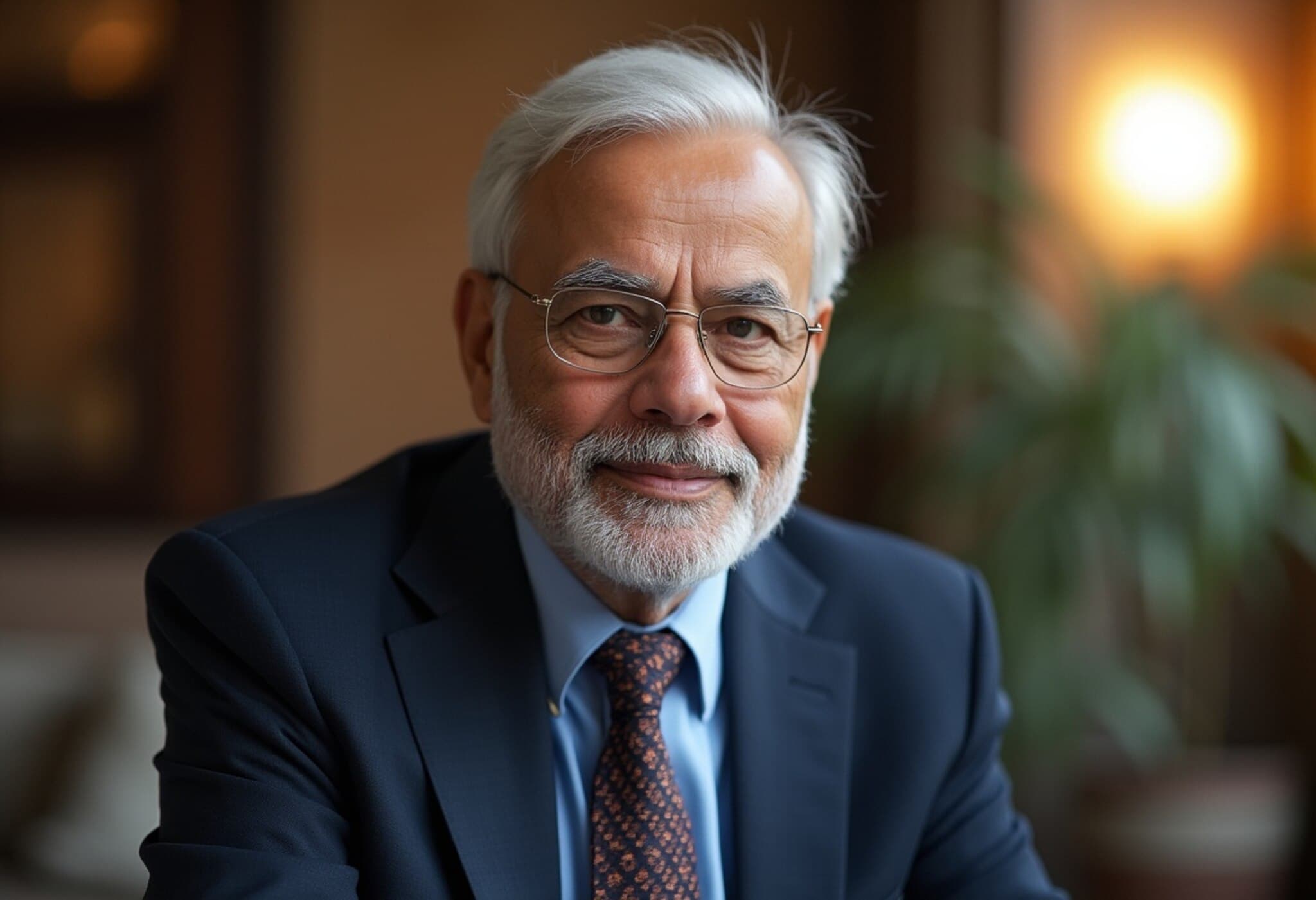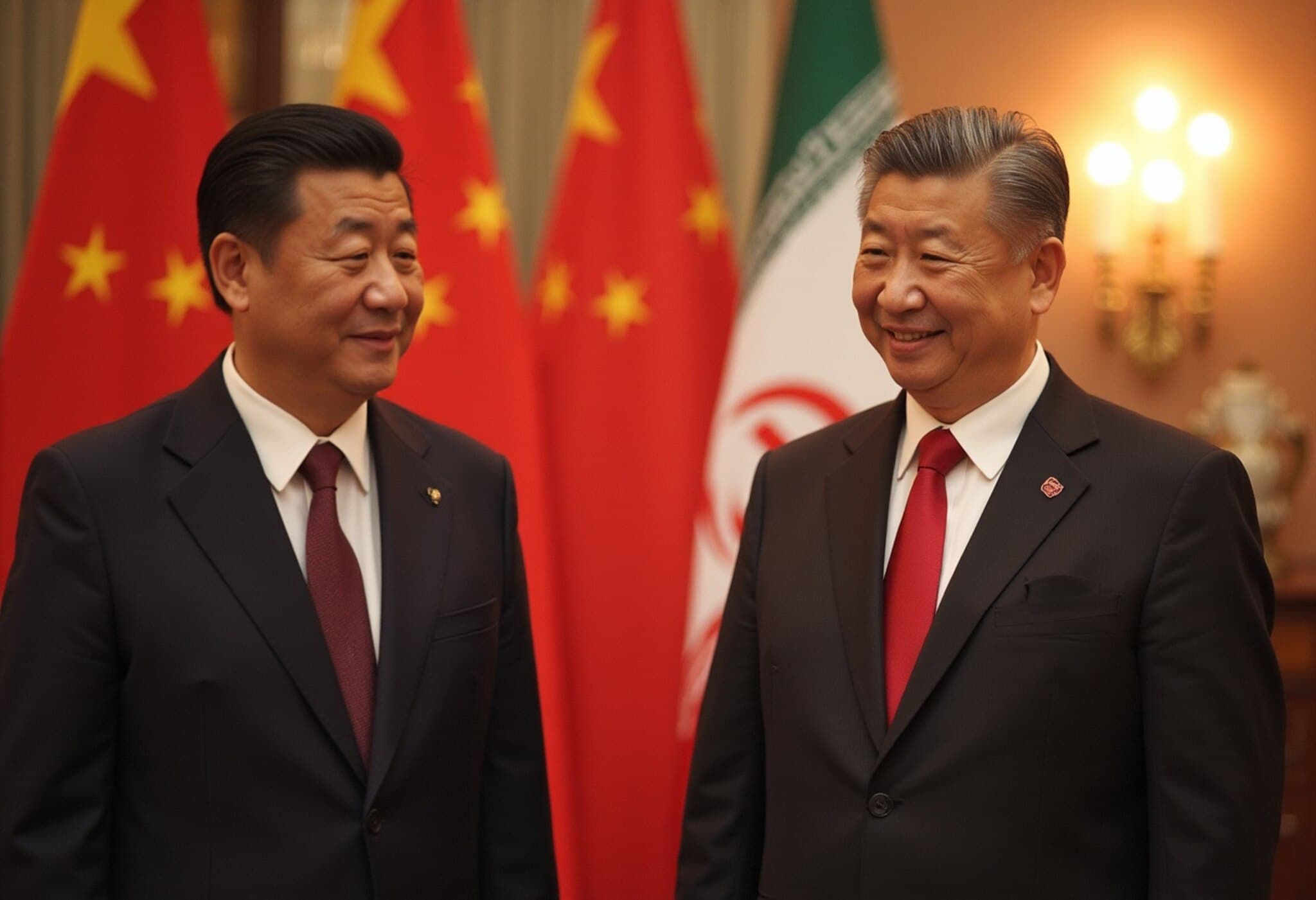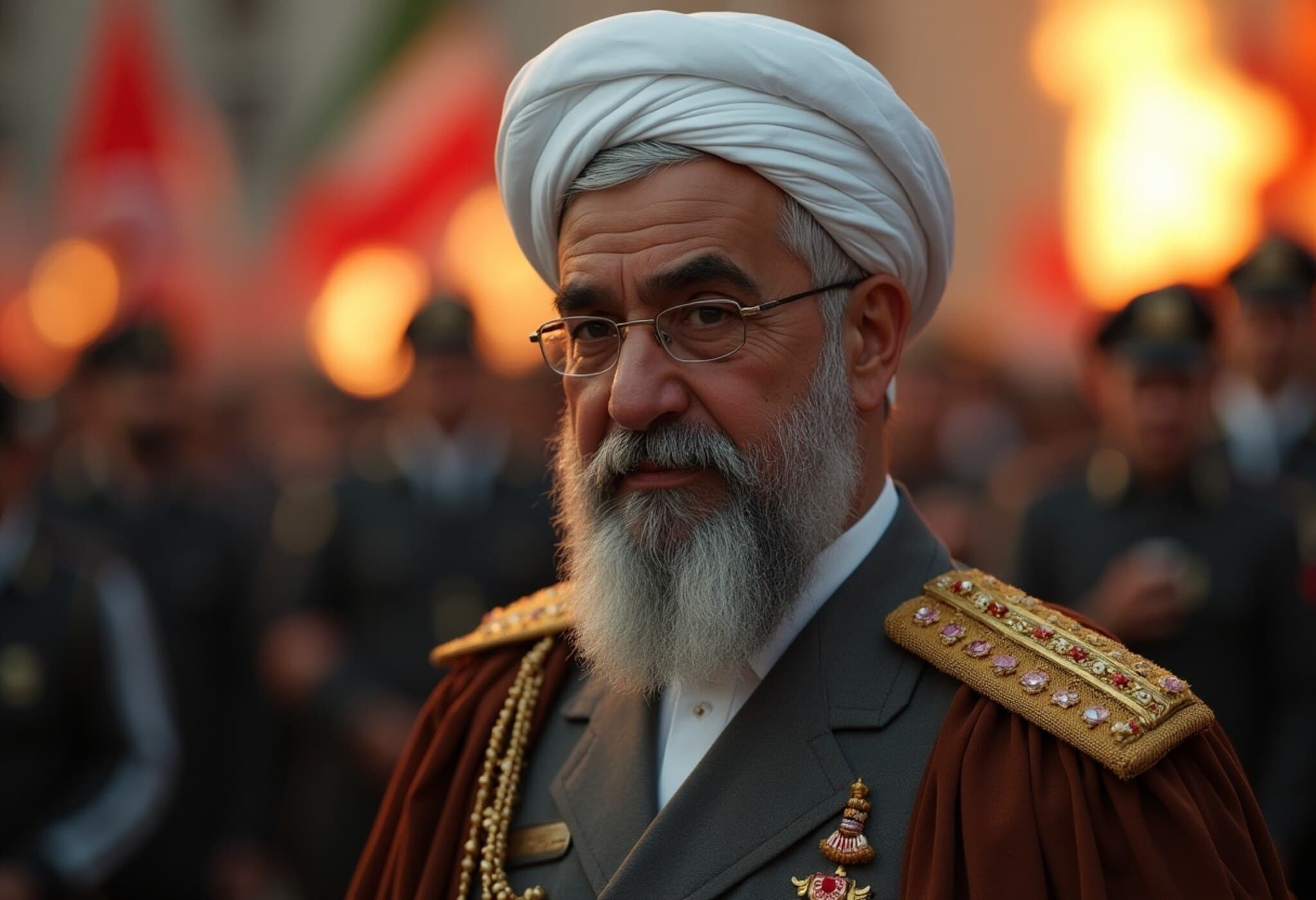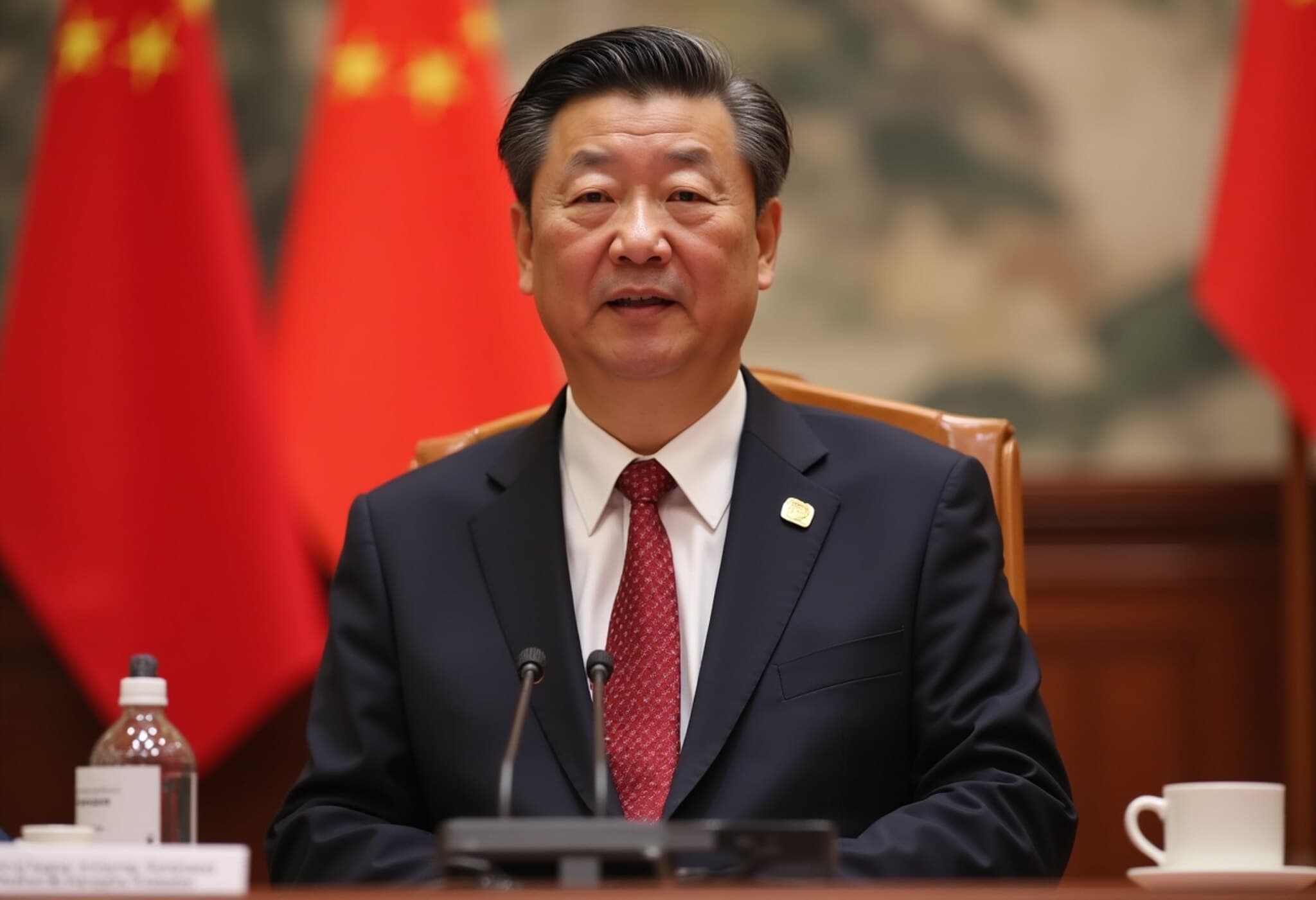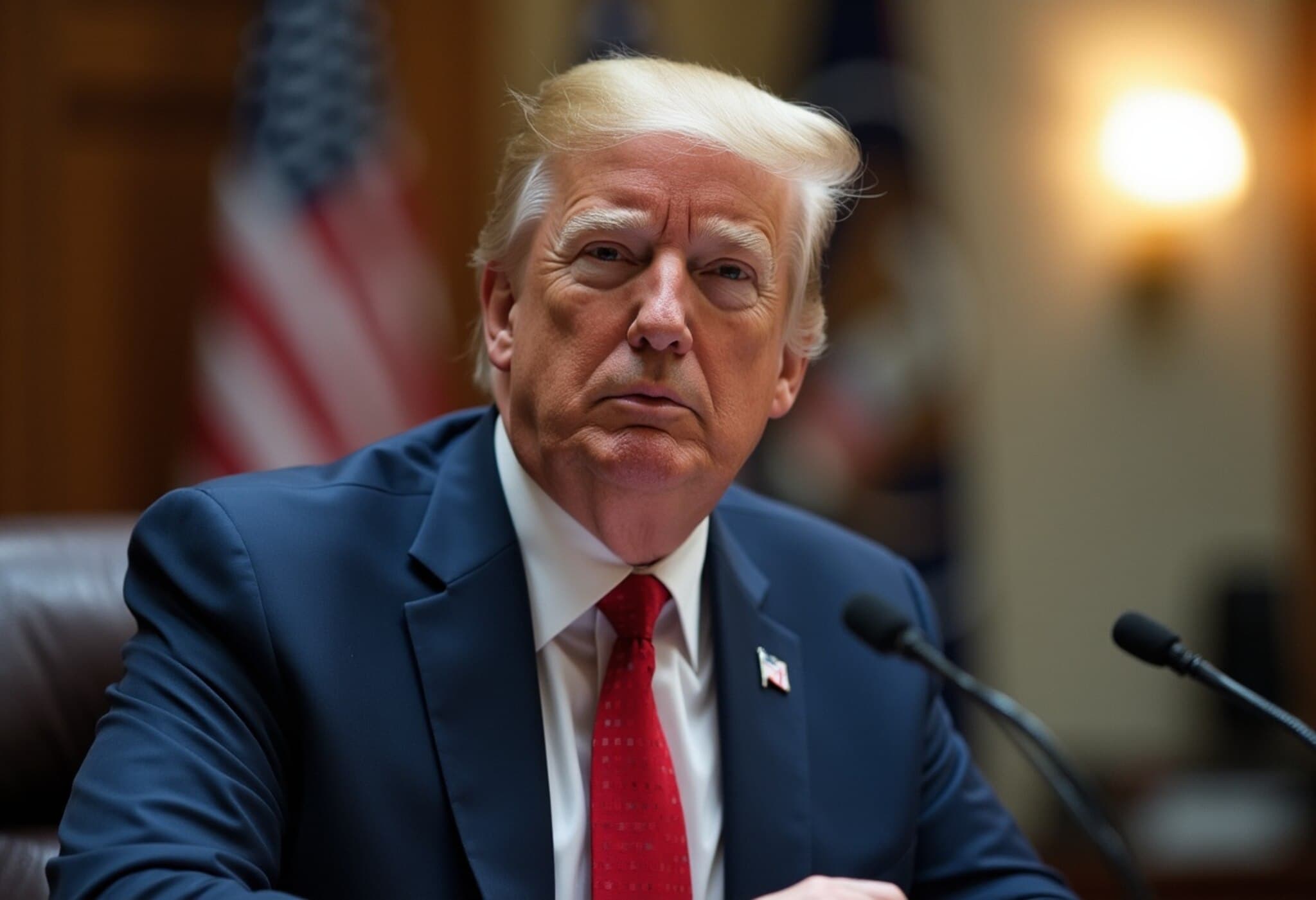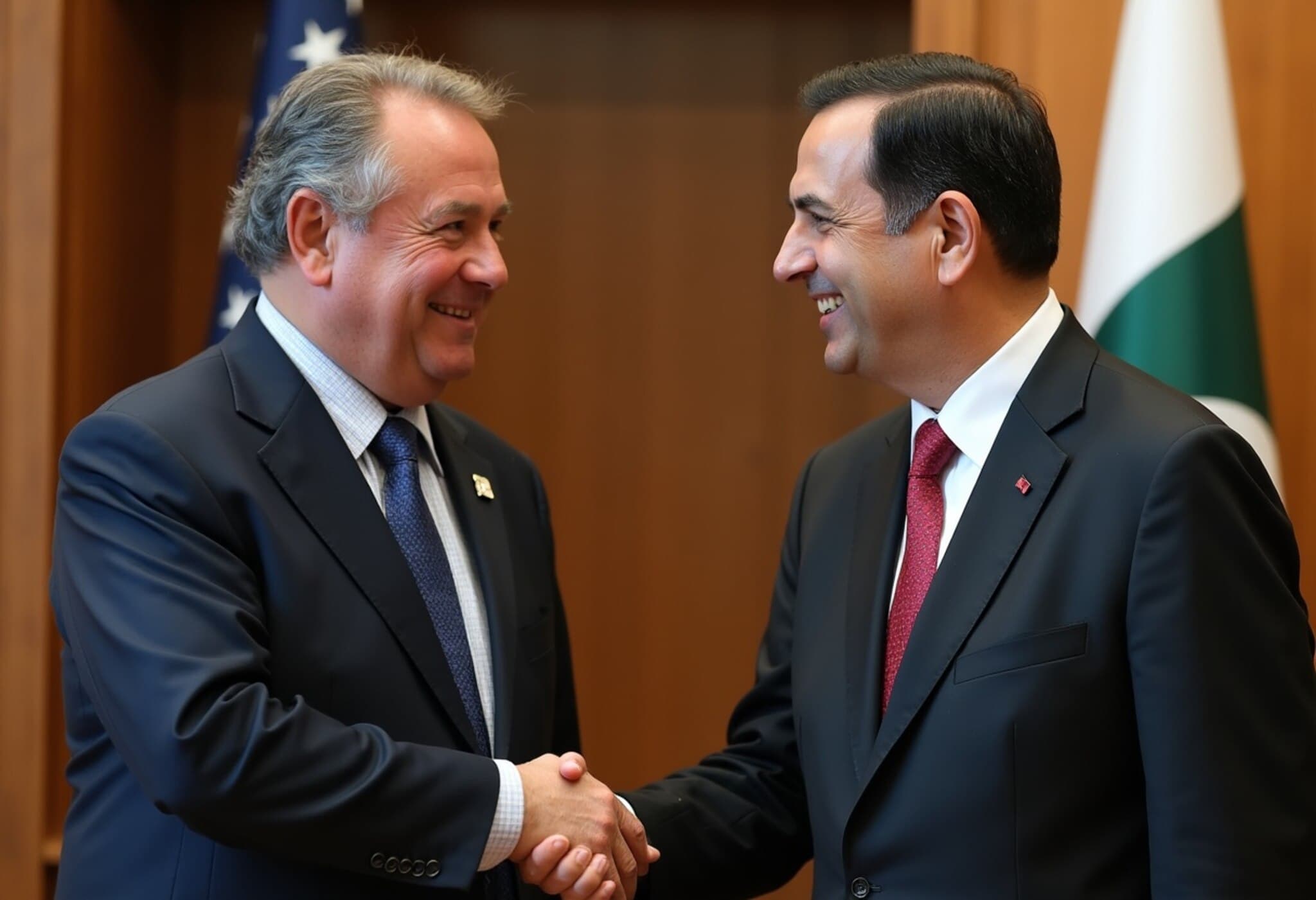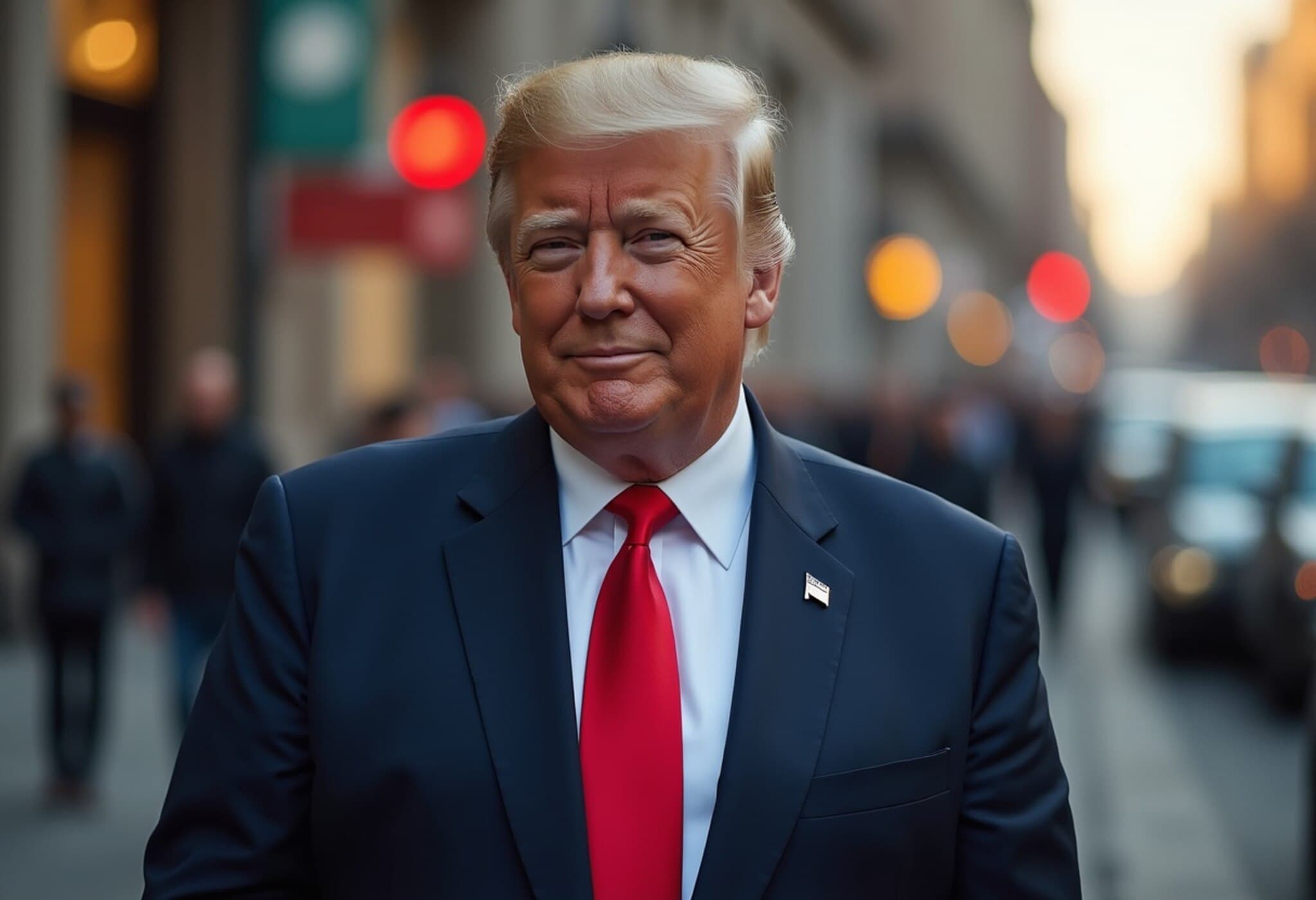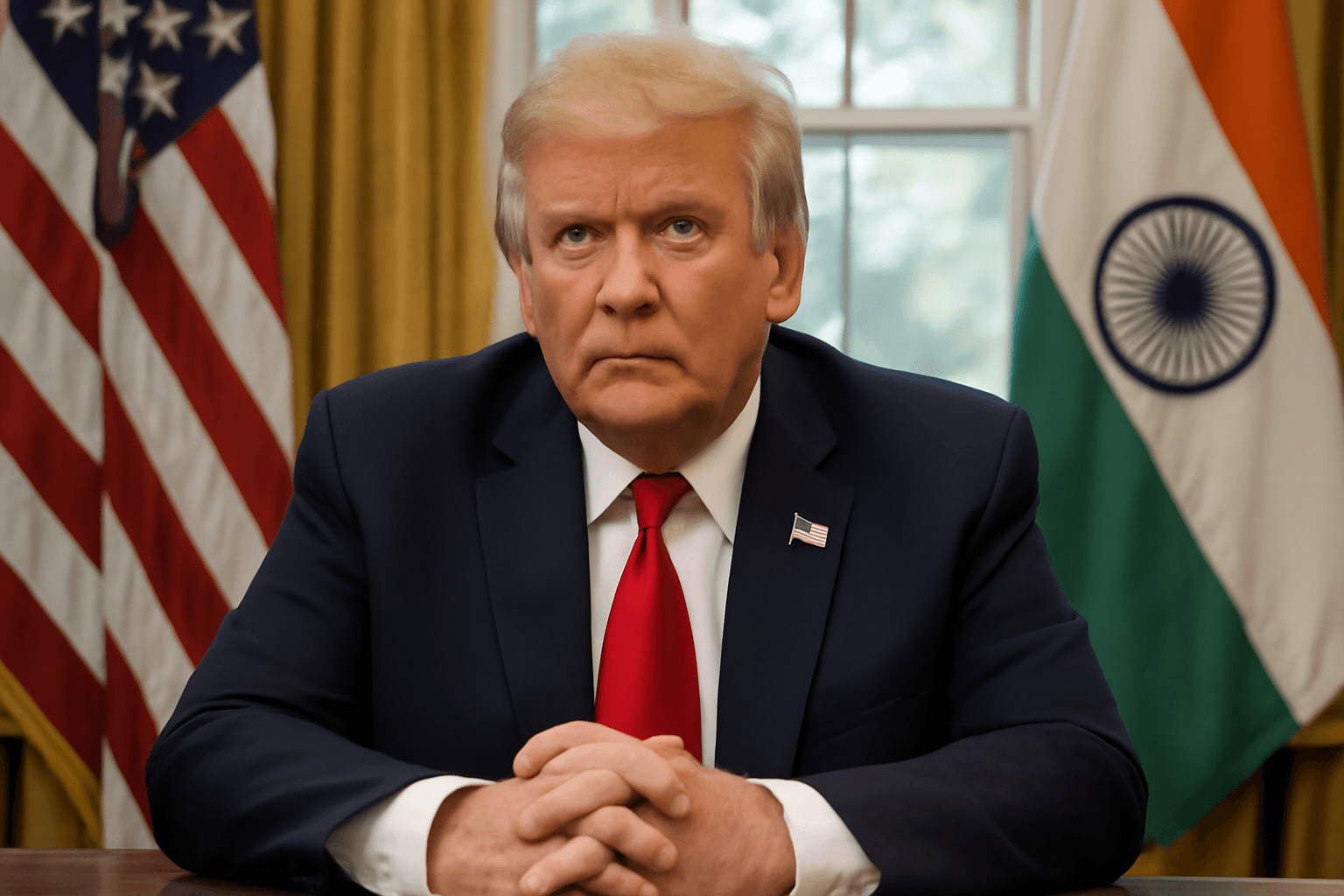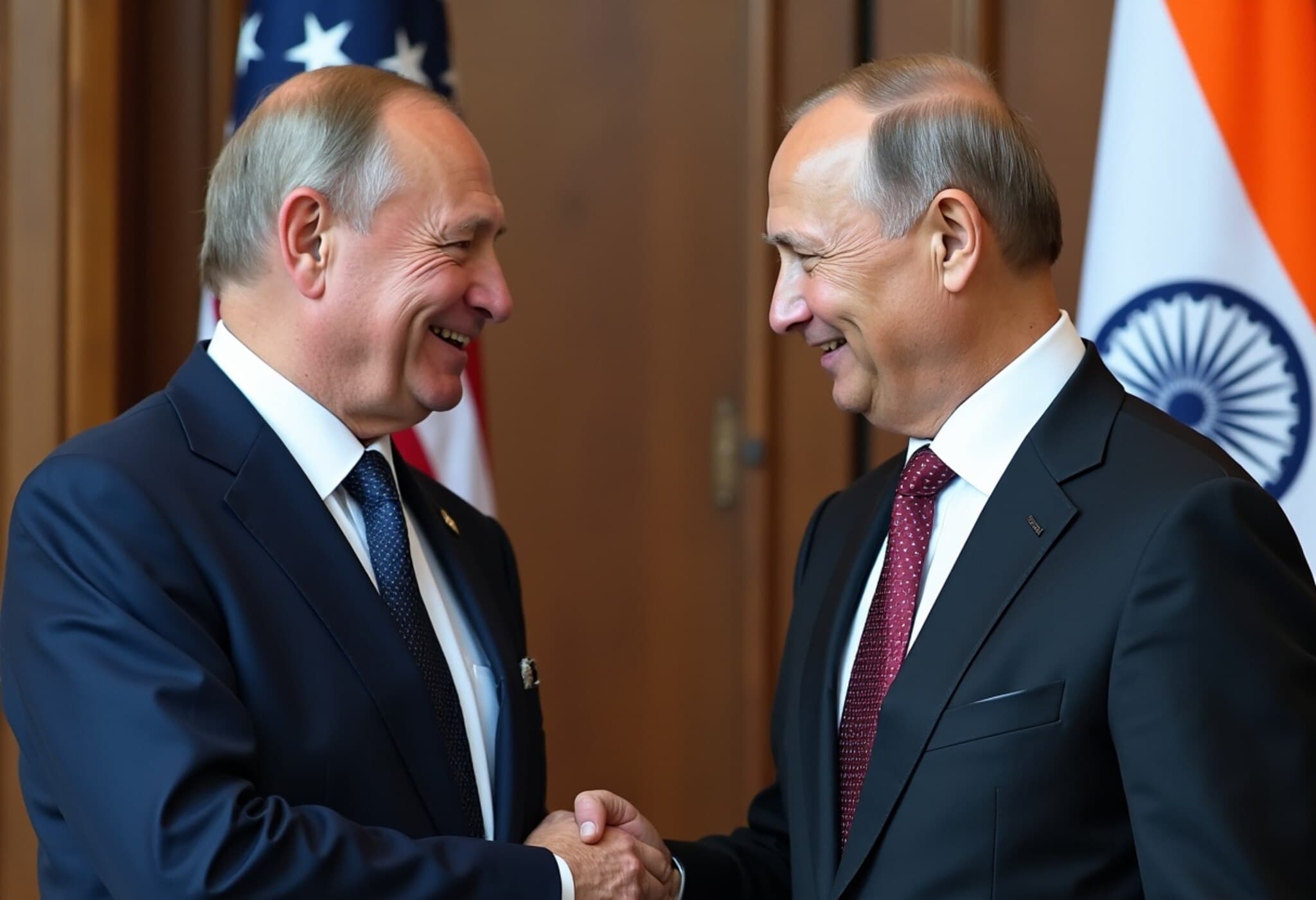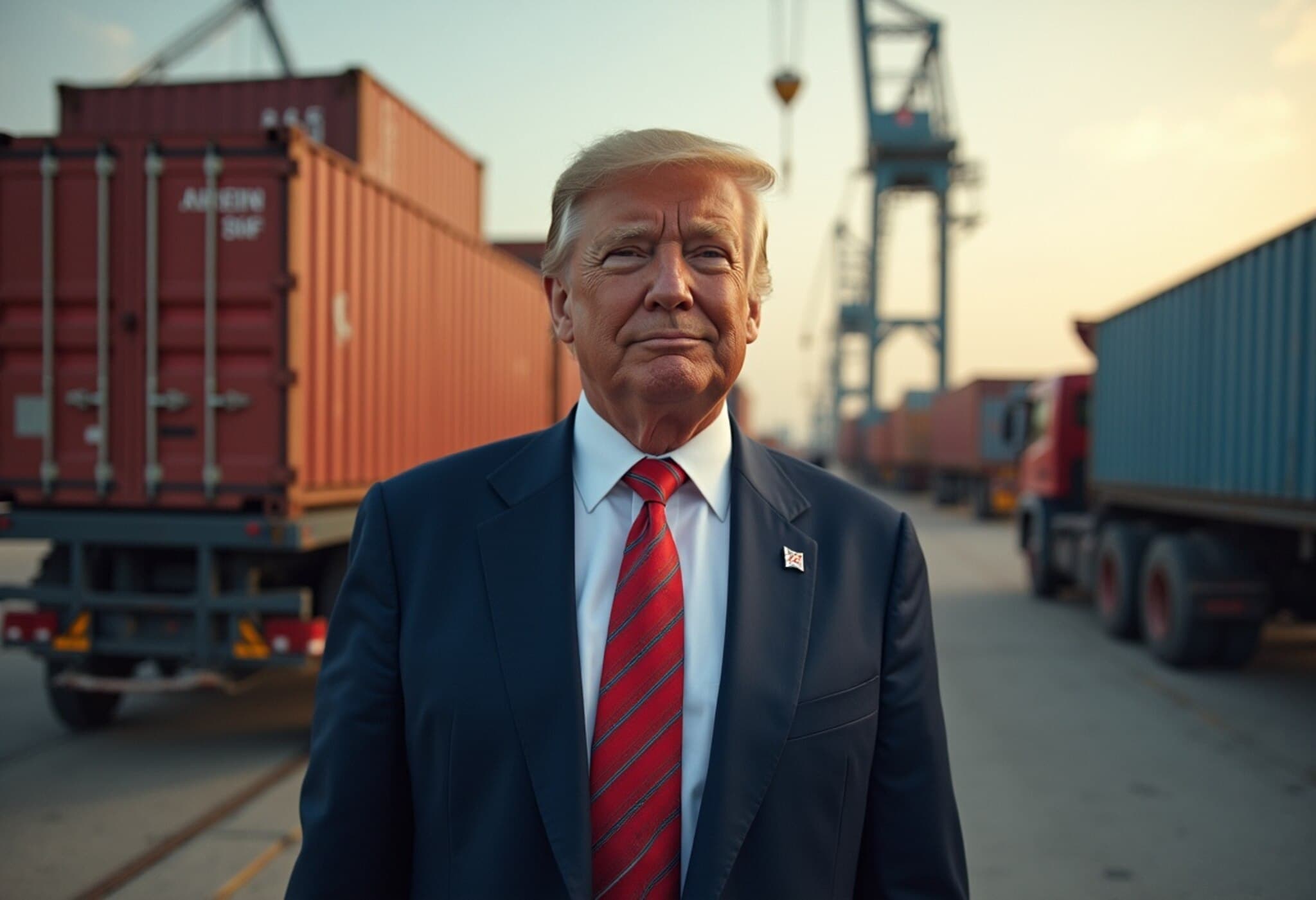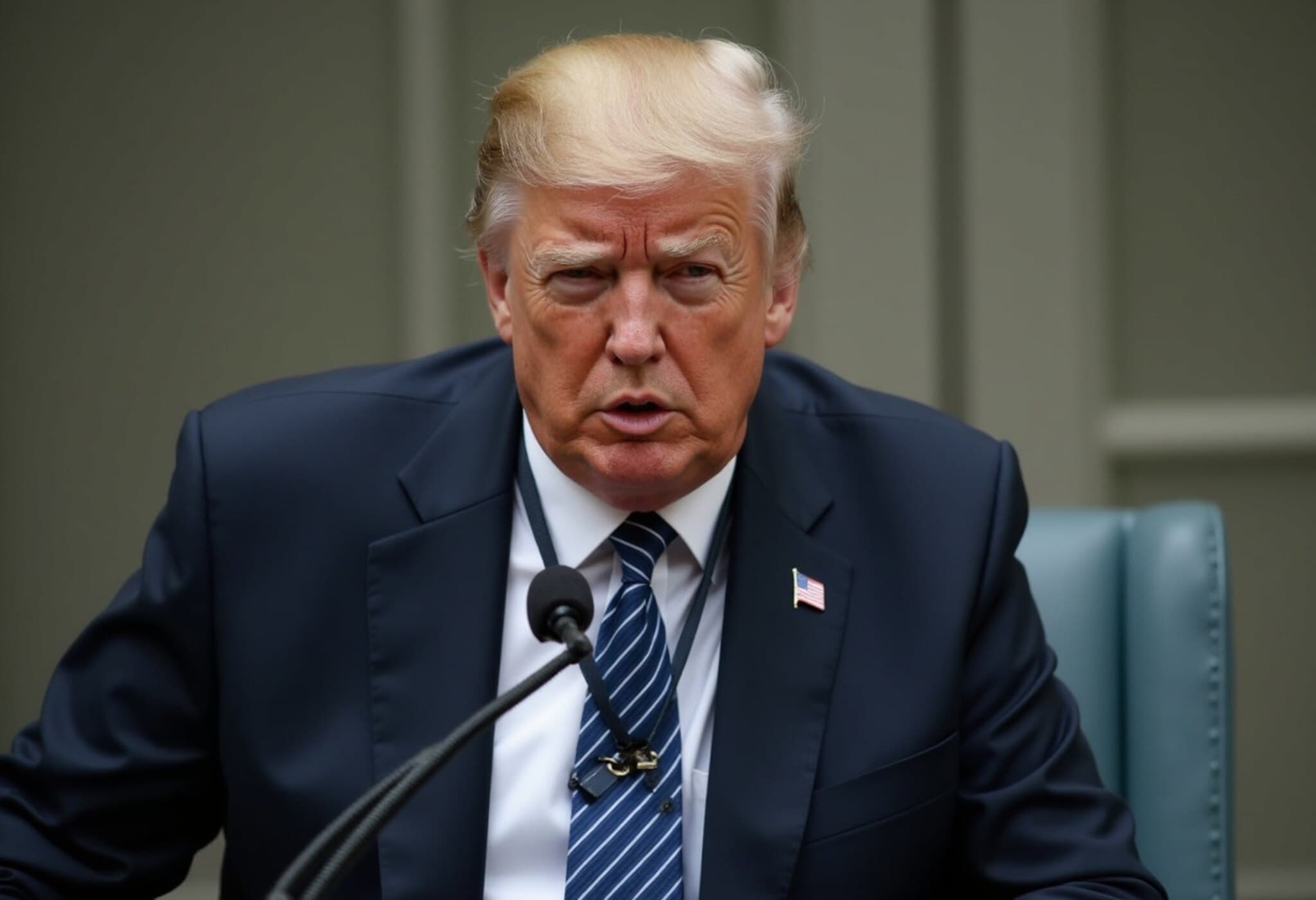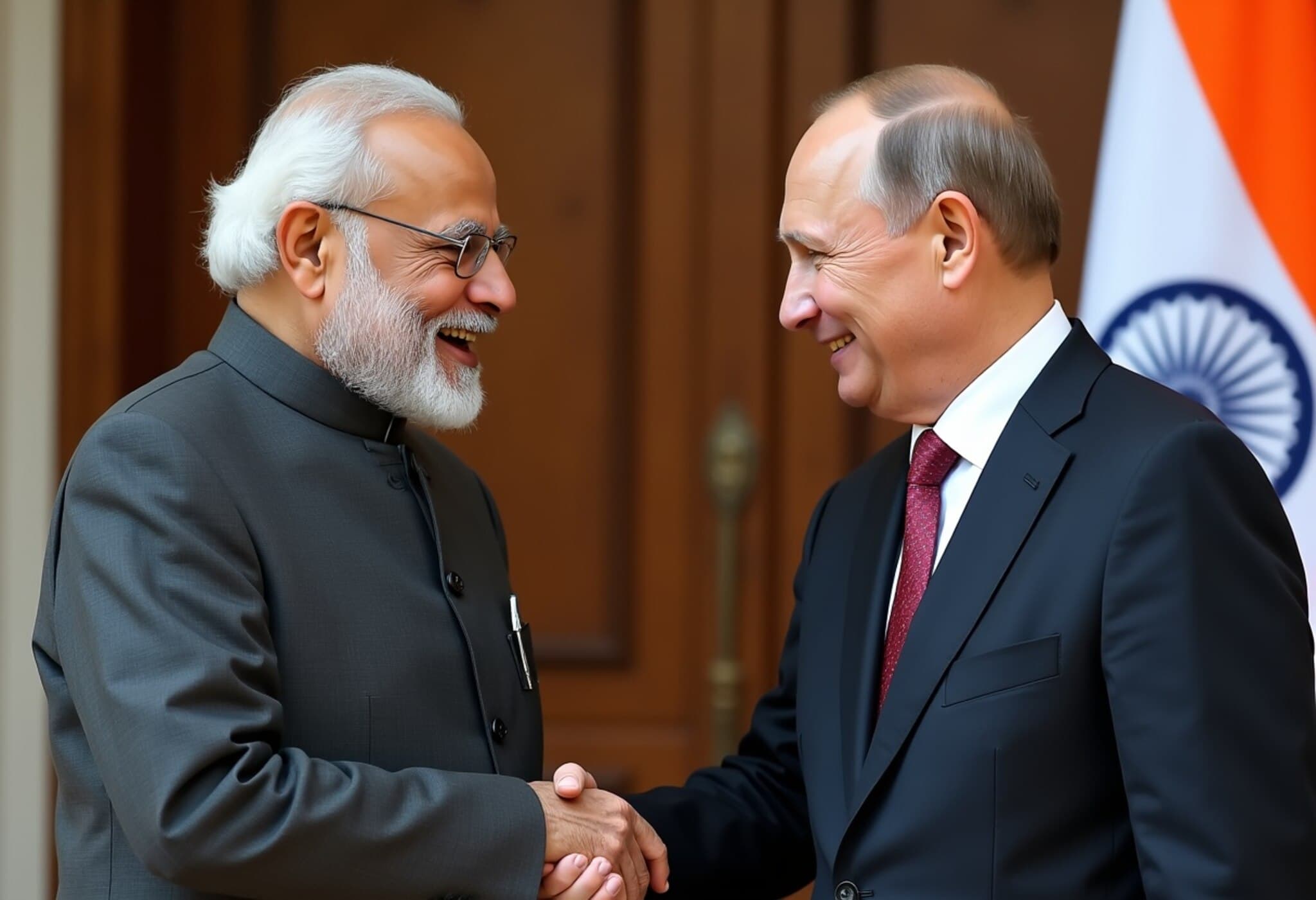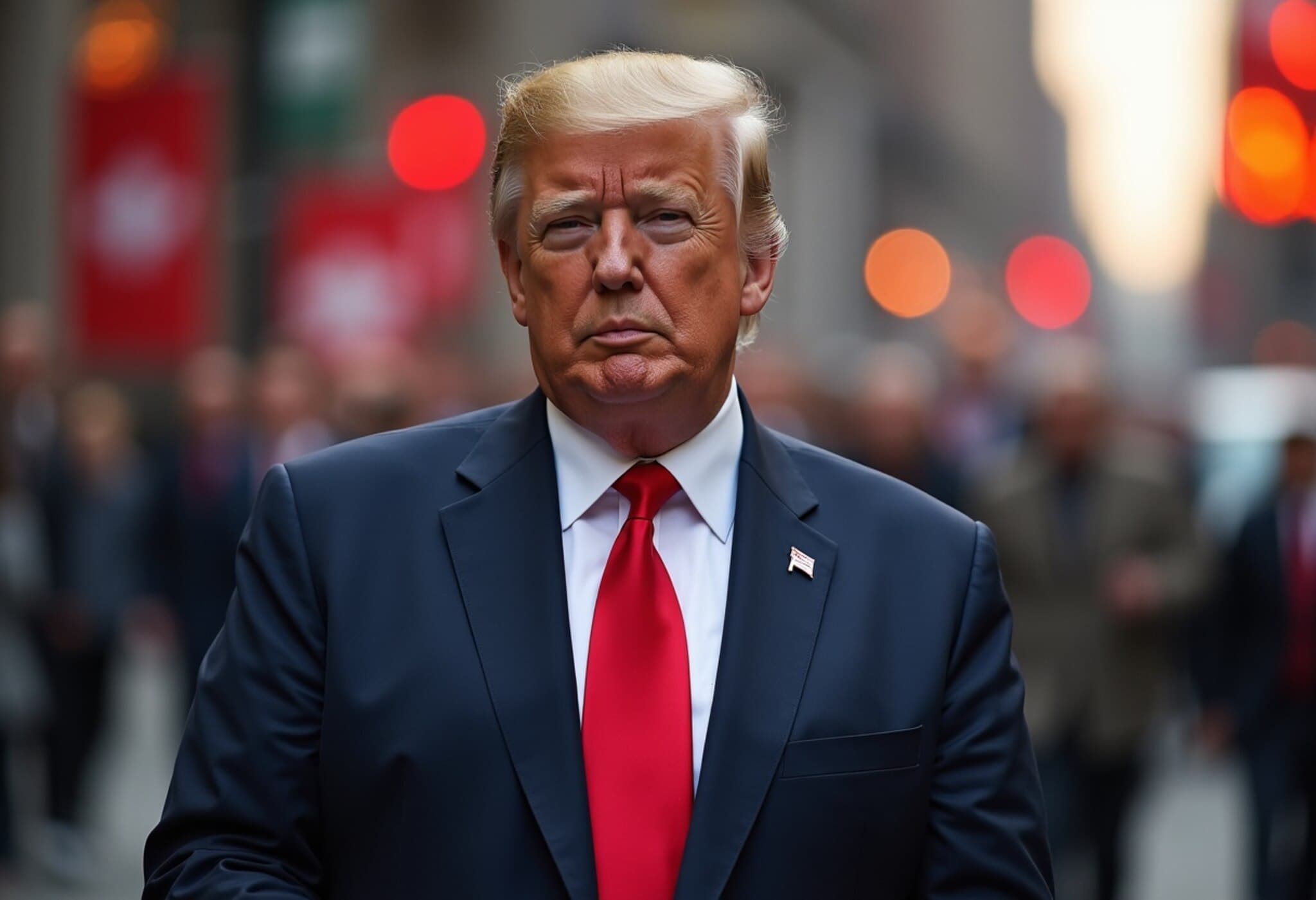US-India Relations Tested Over Russia Oil Imports and New Tariffs
In a candid dialogue aired on July 31, 2025, US Secretary of State Marco Rubio openly addressed tensions in the US-India relationship following the Trump administration’s recent imposition of a 25% tariff plus an additional penalty on Indian goods. Rubio pinpointed India’s continued importation of Russian oil as a significant 'point of irritation' between the two strategic partners.
Energy Trade: A Persistent Diplomatic Thorn
Rubio emphasized that while India remains a valued ally and key partner, Delhi's sizable reliance on discounted Russian oil amidst the ongoing Ukraine conflict undermines Washington's broader foreign policy objectives. "With a plethora of other oil vendors available, India’s decision to continue purchasing Russian oil in large volumes effectively funds the war effort," Rubio stated in the Fox Radio interview.
This tension arises just days after President Trump unexpectedly expanded tariffs targeting nearly 70 countries, increasing pressure on India’s economy. The move contrasts with over 50 other nations, including regional neighbors like Pakistan and Bangladesh, which currently benefit from lower US tariff rates.
A Nuanced Relationship: Cooperation Amid Disagreement
However, Rubio was quick to caution against a black-and-white portrayal of US-India ties. "In foreign policy, nobody aligns perfectly all the time," he noted. He acknowledged India’s considerable energy needs, including oil, coal, and natural gas required to power its rapidly growing economy. "India must secure these resources, like any other country," he added.
Broader Geopolitical Context: Pakistan, China, and Regional Stability
The Secretary of State also touched on broader regional dynamics during the interview. When questioned about allegations that the US was tilting more towards Pakistan at India's expense, Rubio refuted such notions. He reaffirmed America’s firm commitment to its partners like India, the Philippines, and Taiwan and reminded viewers of persistent challenges with China.
He clarified ongoing engagements with China are pragmatic negotiations aimed at stability, not a full trade rapprochement: "We have an agreement extended recently after tough negotiations but are far from a comprehensive trade deal."
Perspectives on the Middle East and Media Coverage
Rubio also weighed in on global reactions to the Gaza conflict, dismissing several Western allies' moves to recognize Palestinian statehood as "irrelevant" without Israeli consent. Rubio warned such symbolic actions risk emboldening militant groups like Hamas and complicate ceasefire efforts.
Critically, Rubio challenged international media outlets, especially the BBC, for an allegedly skewed narrative that heavily vilifies Israel while neglecting the plight of hostages and affected families. Highlighting US humanitarian efforts, he stated, "We have provided more funding than anyone else for relief in Gaza, even as cameras fail to capture the full spectrum of suffering, including those held hostage by Hamas."
Expert Analysis: Balancing Strategy, Sovereignty, and Global Pressure
Rubio’s remarks shed light on the intricate balancing act in modern geopolitics—where economic interests, strategic partnerships, and moral imperatives collide. India's energy strategy reflects broader challenges of national sovereignty amid global power contests, raising critical questions about how emerging economies navigate between great powers and ongoing conflicts.
From an American policy standpoint, the tariff escalation signifies a more assertive stance aimed at curtailing Russian influence but risks alienating vital allies whose cooperation is essential for broader strategic goals in Asia.
Unfolding Issues Demanding Nuanced Engagement
- India's Energy Needs: Can the US offer alternatives or incentives that align with India's economic growth without forcing overreliance on Russian resources?
- US Tariff Policy: How sustainable is this hardline approach amid complex bilateral and regional ties?
- Media Narratives: What role should global journalism play in fostering balanced understanding of multifaceted conflicts?
- Regional Stability: How might these friction points influence broader Indo-Pacific security dynamics, particularly regarding China and Pakistan?
Editor's Note
Secretary Rubio’s pointed comments underscore the intricate and sometimes uneasy nature of US-India relations amid a shifting global landscape complicated by Russia's war in Ukraine. While strategic partnerships remain robust, energy dependencies and geopolitical rivalries introduce undeniable strains. As Washington recalibrates its policies with tariffs and diplomatic messaging, it remains crucial to appreciate India's economic imperatives and the broader regional complexities shaping these interactions. For policymakers and observers alike, the question remains: How can strategic cooperation thrive without overshadowing sovereign interests and economic realities?

